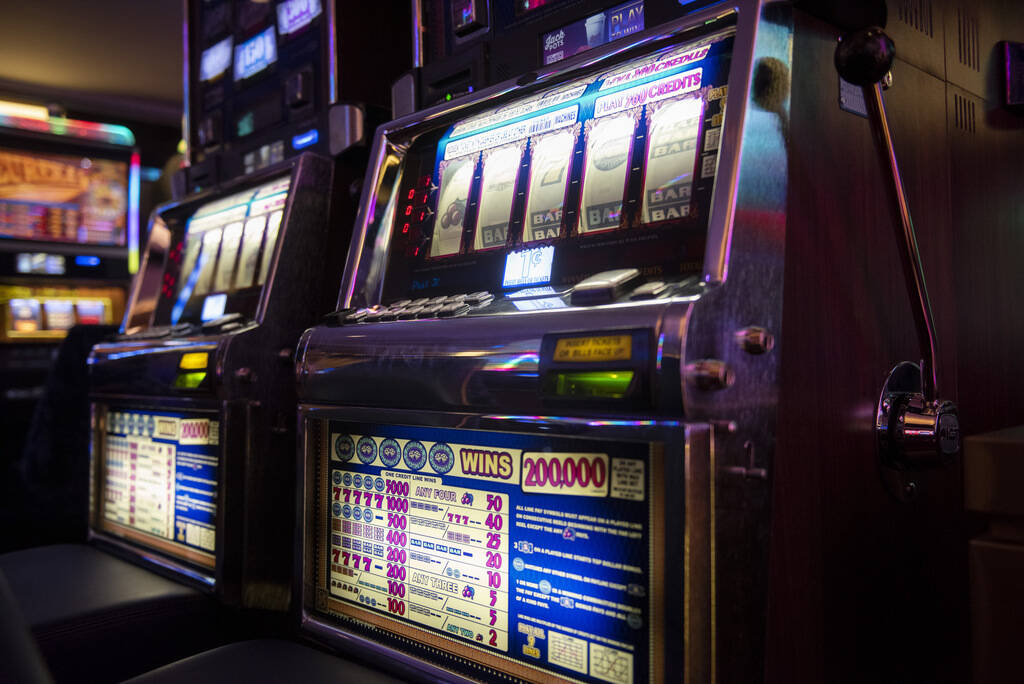A new study published in the UNLV Gaming Research and Review Journal takes on what happens when casinos reduce or take away free play.

Reducing free play offers to gamblers has minimal impact on whether customers will return to a casino property, according to a new academic research study.
Eliminating free-play incentives, however, might prove to be problematic for casino operators, the study found.
Published in the UNLV Gaming Research and Review Journal, the research suggests that decreasing the amount of casino free play given to guests resulted in little to no change in visitation or spend per trip. It did not matter if the free gambling award was lowered by $5 or $10, customers continued coming back to the casino.
Only when free play was completely taken away did loyal customers start to shift their habits, but, even then, only minimally.
“Our outcomes suggested that short of a complete removal of the (free play) awards, there may be room for considerable reductions without a significant loss of business,” the study concluded.
‘This work doesn’t show that free play is bad’
Casinos rely on repeat customers to drive business. Conventional wisdom in the industry says that one of the primary ways to attract those gamblers is by awarding free play.
In many gaming jurisdictions, casino operators spend millions of dollars annually on promotional spend, which is an industry description for giving away free play. If that model is no longer producing results or if comparable results can be achieved without the cost, it’s possible casino operators will begin cutting back.
Anthony Lucas, a professor of casino management at UNLV and former Las Vegas casino executive, and Katherine Spilde, a professor at San Diego State University and chair of the Sycuan Institute of Tribal Gaming College, co-authored the study.
“This work doesn’t show that free play is bad,” Lucas said in a statement. “More that it’s evolved into a place where it’s not achieving its stated aims, and I’m not so sure on the returns anymore.”
Lucas theorized that casinos will “need to be asking ‘How can we do it differently? How can we do it better?’”
The research was conducted at an unidentified tribal casino in “the Western United States” over the course of several years.
Four hundred casino goers were included in the study. In the first year, participants were given $15 per week in free play. In the second year, the gamblers were divided into four equal groups with each group receiving a different amount of free play ranging from $0 to $15.
Key findings of the study included a 20 percent decline in visitation among the group whose free play was eliminated. The groups receiving any amount of free play — $5, $10 or $15 — did not alter visitation habits.
“I don’t think there is anyone in the (casino) industry who would have predicted that,” Lucas said.
Improving overall guest experience
Given the study’s findings, Lucas said casino operators could use the information to improve the overall guest experience.
“It’s difficult for casino ownership to make changes because corporations are naturally risk-averse,” he said. “The data shows that you could do so many other things with that money with minimal-to-no consequence. You could improve customer service and the physical environment — these are things that affect patronage and spend, as well.”
The study challenges the conventional wisdom in the casino industry that free play is the main driver of repeat business, Lucas said. Other factors, such as convenience, location, safety and feel of a casino, are just as important.
Still, free play is unlikely to be displaced as a go-to move by casino operators any time soon.
“You don’t always go on vacation to the same place or out to eat at the same restaurant. It’s the same with gambling,” he said. “You’re probably not going to the same casino every time, but if they can get you to visit more frequently, that’s great. And that’ what they use free play loyalty programs to do.”

